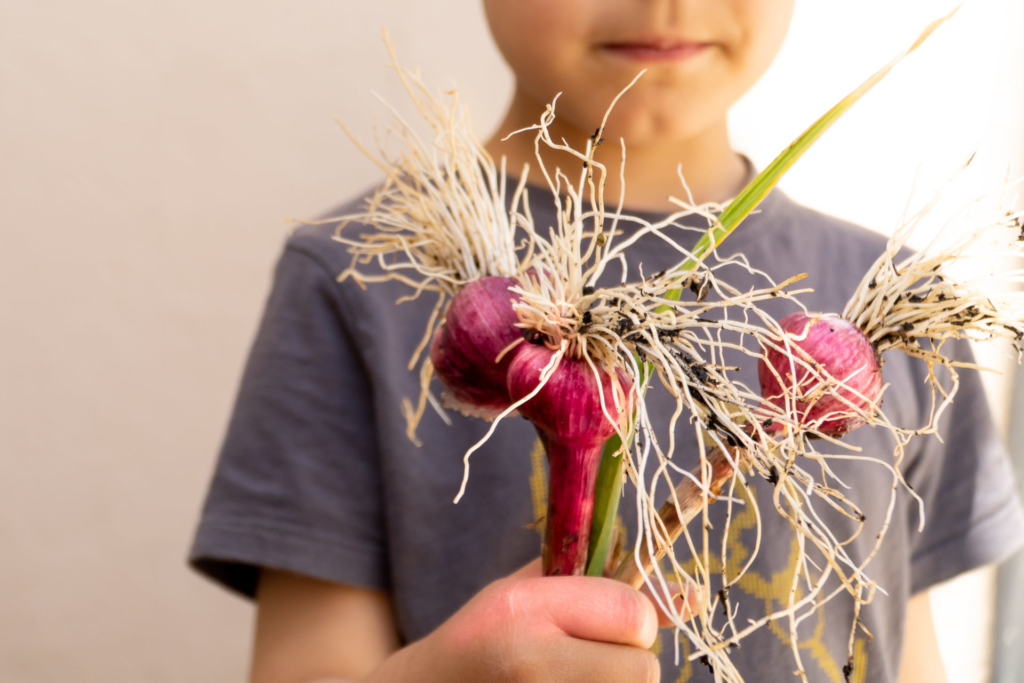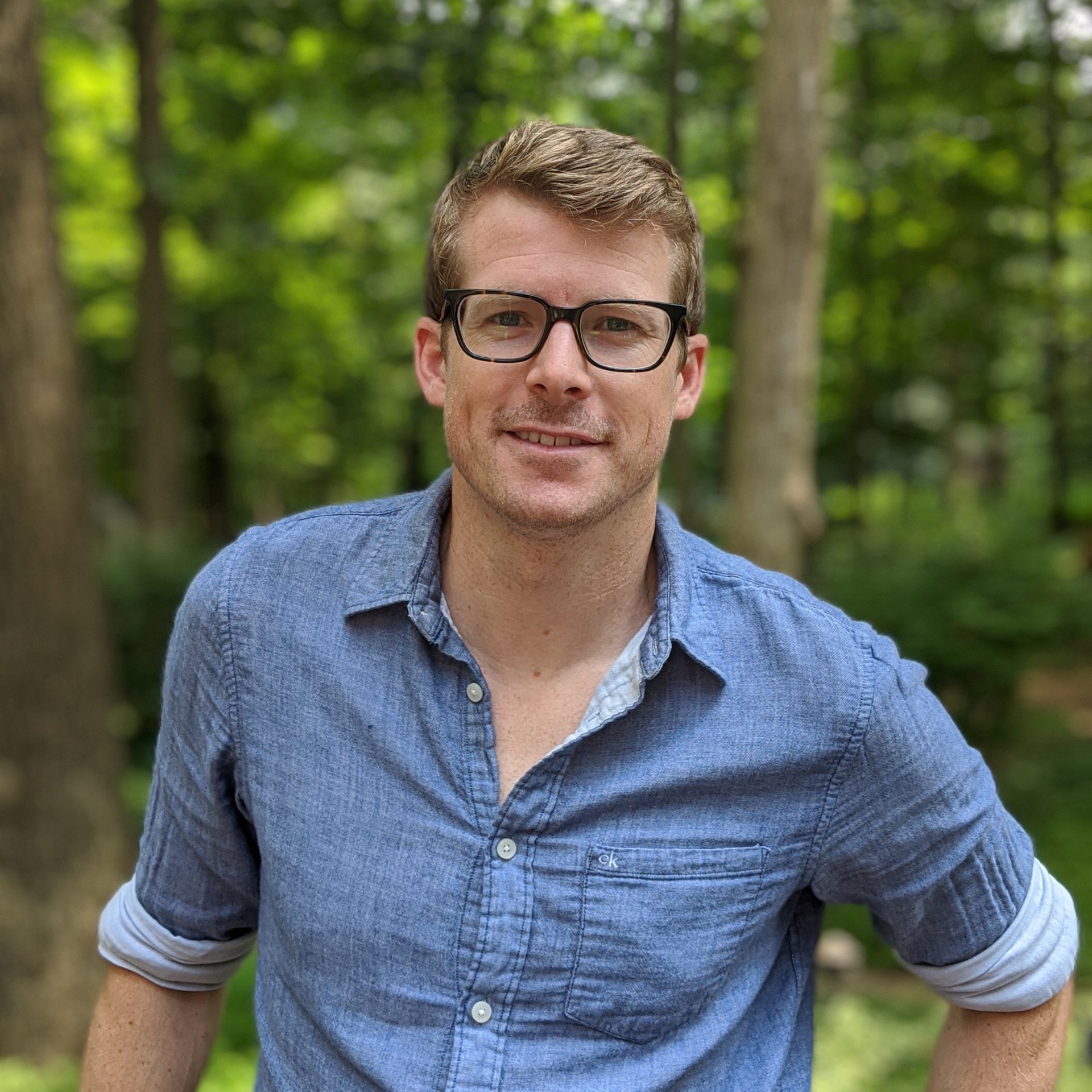Homeschooling can be a lot of different things, but I feel like it’s such a loaded term that people automatically turn away from it… Many homeschoolers are probably out learning in the real world far more than their conventionally schooled peers.
Justin Shell, Founder of MySchool
When Justin Shell, a former yacht designer and marine engineer, decided to homeschool his kids, he and his family felt very alone in the process of finding and connecting with other families and learning opportunities. Having immersed himself in the various education types and determined to see something different, Justin taught himself to program and built MySchool, an online network of people and organizations to help learners and their families connect with educational programs in their community.
Q: How did you come up with the name for MySchool?
Justin: I don’t want my kids to think of “school” as just one place. Learning happens in so many ways. I want them to have the mentality of, “I’m going to go down to the museum and experience the art.” Or, “We’re going to go to the park or nature center, where we’ll explore in person.” I want all these places to be their school; it doesn’t need to be a single location. I built MySchool so people could personalize all of the learning opportunities around them to best meet the needs of their kids.
My kids spend at least two days a week learning outdoors when possible. My eldest daughter goes to what’s basically a Forest School — it’s an all-day program where they’re outside year-round. They help out at the nature center, take care of all the animals, go on hikes, and truly explore.
Organizations like nature centers and museums are special because they have the physical space and the resources that our kids can learn from. Learning doesn’t only happen in a classroom, it’s something that people are doing all the time. We need to value it that way, not something that is only being done when we can track the hours and seat time.
Q: What’s something you learned while developing MySchool?
Justin: The first thing I learned, accidentally, is that we’re serving the homeschool community. I set out to build an ideal learning system for my kids and a lot of people kept telling me that it sounded like homeschooling. I disagreed for a good six months before finally caving and said, “Okay, yeah I guess this is all possible if we homeschool.”
Homeschooling can be a lot of different things, but I feel like it’s such a loaded term that people automatically turn away from it. They think, “I don’t want to be the only teacher for my kids or have them just sitting around in the house all day.”
But, really it’s a misnomer. Many homeschoolers are probably out learning in the real world far more than their conventionally schooled peers. Sometimes they’re learning in person at the house, but maybe they’re at a program a few days a week, out on a field trip, or the older ones might be taking a class at a community college.
What I found was that homeschooling is really just the legal umbrella term that says, “We’re going to take responsibility for our kids’ education, and it’s not going to look exactly like school.” Anything outside of the conventional school system is basically homeschool because we don’t have the flexibility as a system to provide any of the customization or flexibility to allow for unconventional learning. Homeschoolers have been doing this for a long time, and they’ve built some pretty amazing things with very few resources to support it.
School should not begin and end with a bell; we want education to be something that is always happening anywhere you want. And, it should be something that can get you anywhere you want to go in life.
Justin Shell, Founder of MySchool
Q: How do children in a homeschool setting connect with other families and learners in the community?
Justin: Three of my kids attend a co-op one day per week where we, the parents, teach a class or two over the course of the year. It’s space rented out of a church, but there are different age groups in the cohort, from 3 to 15. They offer academic classes like you would get in a conventional school.
My kids only attend one day per week, but some families go two or three days a week. We build community through those opportunities and others throughout our community of homeschoolers — sometimes it’s through a trip or a meet-up down at the local nature center. And, that’s what MySchool started out as — a place for people to connect with each other socially for different learning opportunities.
Fairly recently, there was an opportunity at a local archeological dig site where the kids were able to help during the unearthing of a dinosaur bone. About 20 families signed up within the hour! There are so many opportunities out there; we’re trying to facilitate the communication from person to person and from person to organization to make all these things happen. And, it’s a big task!
The conventional school system has so much inflexibility that it doesn’t allow people to take advantage of all the resources that they actually have at their disposal right in their community. I think a more dynamic ecosystem would allow for a plethora of opportunities and an ability to customize learning for any child, depending on where they are and where they want to go.
Q: How might platforms, like MySchool, contribute to the development of full learner-centered ecosystems?
Justin: When I was reading over your ecosystem ideas, they unintentionally converged with a lot of the ideas in MySchool. We have quick-find options for programs and field trips. Programs are almost exactly what you would call learning hubs — groups that get together to learn and teach. There are also co-ops and tutorials that are similar in concept.
The homeschooling world has a lot of terms that are not all that well defined, so the community lumps them all into “programs.” It’s easier for people to find those resources, but they’re all so different. I think all of those programs are really dynamic resources that can all play into the larger education ecosystem. “Field sites” are essentially what we might call “field trips” — museums, nature centers, farms.
The other day, my kids were out harvesting food from the farm for our local food bank, and there were volunteers who would also teach the kids more about the food, where it comes from, and what you can do with it — it’s an educational program that they run right off a farm on a weekly basis. If there was a more flexible model and more access to information, more people could learn about it. There are awesome opportunities like these to acquire and apply knowledge.
Education Reimagined and the homeschooling community have broken down these ideas in very similar ways — and completely independently. It makes me think that we’re all on the right path to creating what our children need for future success. New ideas are constant evolutions — that’s not something I appreciated enough when I started this process. Ultimately, all of the frustrations lead you closer and closer to the path that you want to be on. I try to reframe it, not as frustrations or as problems, but as things that allow us to come closer to paving the path that will lead us into the future.
Q: And, what do you believe that future of education looks like?
Justin: I want MySchool to be a tool to help facilitate what’s next in education. It would be great if MySchool was part of that future, but regardless, I want to see that future — a dynamic ecosystem — come to life. I think that the future is one that allows for much more flexibility and customizability for each child to figure things out and say, “This is where I am and this is where I want to go.” And, for each family to say, “This is a system that works for us. This is a system that we want to be involved with. We want to help our kids learn and support the efforts of educational providers everywhere in our community.”
School should not begin and end with a bell; we want education to be something that is always happening anywhere you want. And, it should be something that can get you anywhere you want to go in life. That’s the long-term goal. We just take one small step each day to keep getting closer to that goal.

